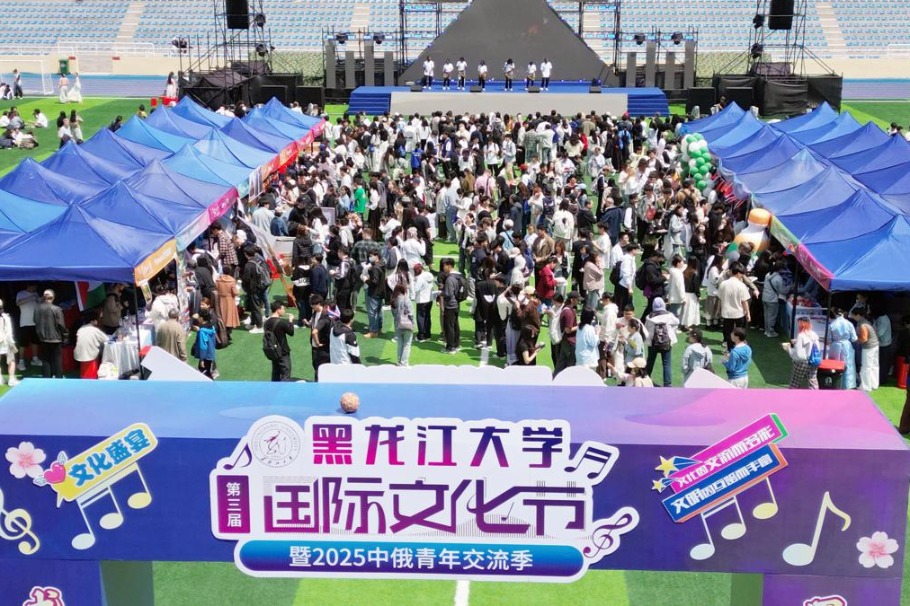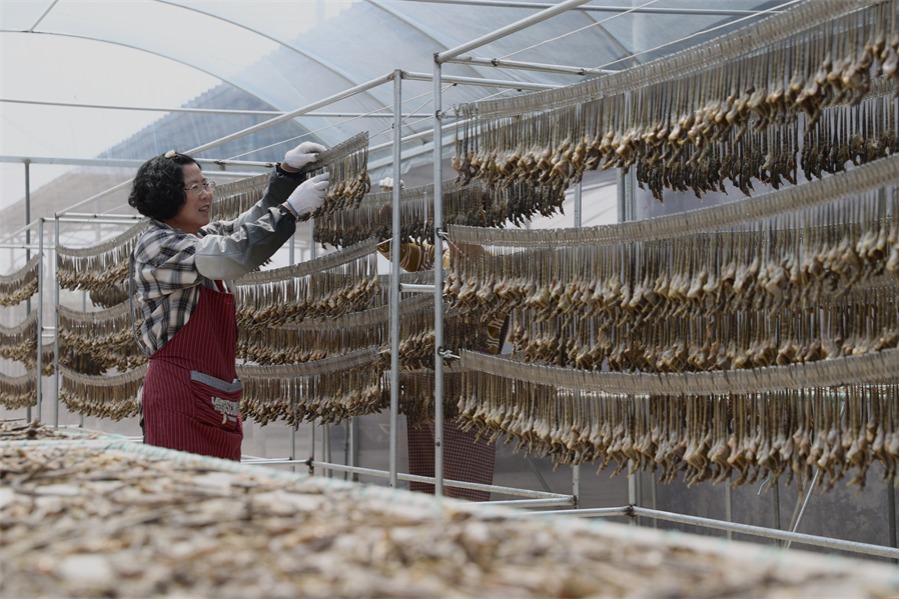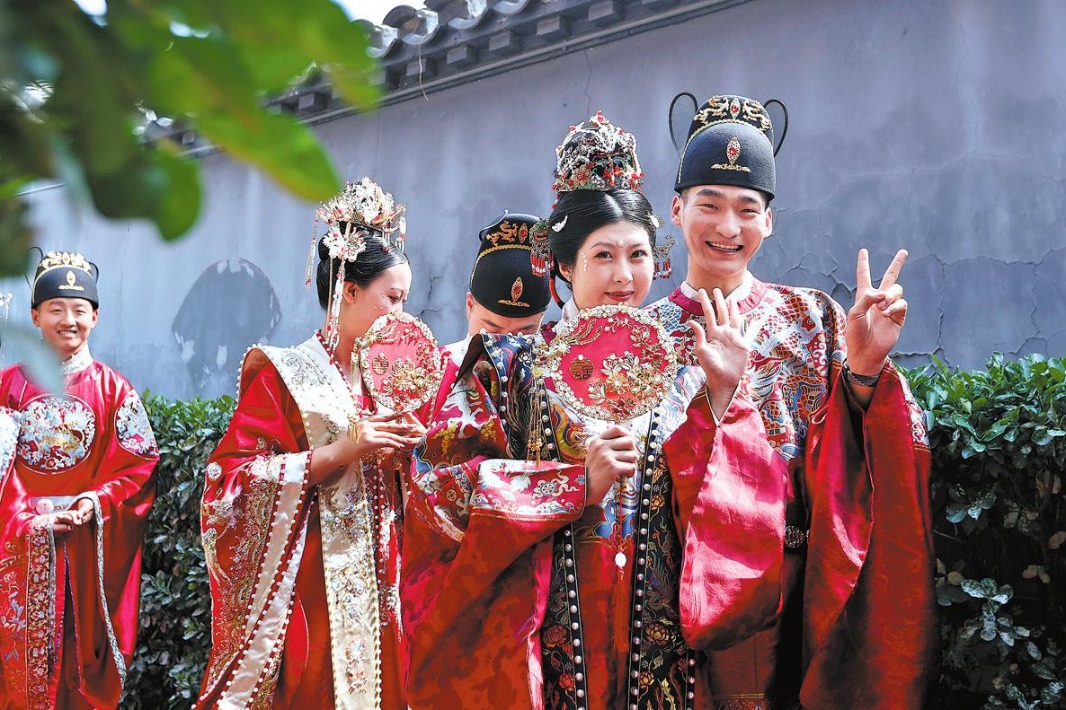Customs authorities crack down on toy doll smuggling

The surge in cross-border resales of Pop Mart toys, with some rare editions fetching jaw-dropping prices, has blurred the line between proxy shopping and smuggling, as several Chinese customs authorities have reported undeclared toys being intercepted in quantities exceeding the allowed amount.
In the past three months, Chinese customs authorities have reported multiple cases of intercepting undeclared Pop Mart toys, including popular Labubu and Molly figurines, carried by passengers who are seeking to profit from resales.
In one instance, a total of 318 toys were seized from three travelers at Changsha Huanghua International Airport in Hunan province. In another case, a passenger at Hefei Xinqiao International Airport in Anhui province was caught with 94 toys, all intended for resale, according to the General Administration of Customs of China.
"The number of toys they brought with them exceeded the prescribed quantity for personal use, so they could face punishment according to related laws," said Xu Hao, a lawyer at Beijing Jingsh Law Firm.
China's Customs Law stipulates that transporting undeclared goods in excess of prescribed limits for profit-seeking purposes constitutes smuggling. If the evaded tax amount exceeds 50,000 yuan ($6,960), it will be considered a smuggling crime that could carry a punishment of up to life in prison.
Overseas Chinese students should be fully aware of the legal risks associated with similar resale activities, including but not limited to tax violations and counterfeit goods distribution, which may lead to severe consequences, Xu added.
Pop Mart, a Beijing-based toy brand, has taken the global market by storm, with its limited-edition figurines becoming hot commodities both at home and abroad. The cases reported by Chinese customs authorities highlight the booming secondary market.
The allure lies in the substantial profit margins. A customs declaration form submitted by one passenger showed that a Pop Mart Molly figurine in the passenger's possession was priced at 6,790 Thai baht ($208). In China's secondary market, the same toy sells for an average of $320 — leaving a sizable profit margin even after accounting for the 13 percent value-added tax on such items.
The "hidden edition" of Labubu 3.0, originally priced at 99 yuan, now commands a price of more than 2,000 yuan.
On a major Chinese secondhand goods platform, the hidden edition of Labubu 3.0 was listed at 2,699 yuan, with over 2,300 users marking it as "wanted" and nearly 120,000 views recorded.
"Pop Mart is a Chinese brand, but overseas toy editions often feature exclusive collaborations not available in China, making them even more desirable," said Sun Yuzhuoran, a buyer of Pop Mart products.
Pop Mart's global expansion has further fueled the craze. With flagship stores in cities like Paris, London, New York and Bangkok, the brand reported 475 percent year-on-year growth in its overseas revenue in the first quarter — five times that of its domestic market.
The brand's popularity reflects consumption trends among young buyers. "The affordable blind-box toys offer emotional value. It is about the thrill of spending just a few dozen yuan for some surprise," said Li Ruihan, a university student in Jinan, Shandong province.
"But now, some editions sell for hundreds of yuan," said Li.
- Ancient roads paved foundation of national unity
- Customs authorities crack down on toy doll smuggling
- Tapping digital tech urged to build cultural strength
- Xi congratulates Fudan University on 120th founding anniversary
- Legoland Shanghai gears up for grand opening in July
- Customs authorities crack down on Pop Mart toys smuggling





































